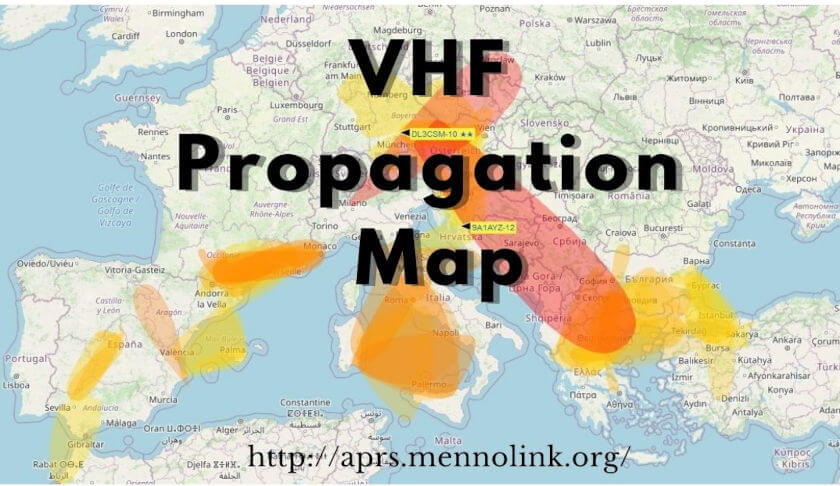Hacking Law India
As a law enthusiast, hacking law in India has always fascinated me. The dynamic nature of cybercrime and the legal framework surrounding it presents a unique challenge for lawmakers and law enforcement agencies. In this blog post, we will delve into the intricacies of hacking law in India, exploring the legislative provisions, notable case studies, and the current state of cybercrime in the country.
Legislative Framework
India has comprehensive legislation addressing cybercrimes, including hacking. The Information Technology Act, 2000, along with its subsequent amendments, serves as the primary legal framework for regulating cyber activities in the country. Section 66 of the IT Act specifically deals with computer-related offenses, including hacking.
| Year | Number Hacking Cases Reported |
|---|---|
| 2017 | 5,035 |
| 2018 | 7,067 |
| 2019 | 9,978 |
The table above illustrates the increasing trend of hacking incidents reported in India over the past three years. Highlights pressing need robust legal to address cyber effectively.
Case Studies
One notable case is the 2016 hacking of the central bank`s debit card data, where millions of cards were compromised. The perpetrators used malware to compromise the bank`s systems, resulting in financial losses for the affected individuals. The incident prompted the government to strengthen cybersecurity measures and enforce stricter penalties for cyber offenders.
Current Landscape
Despite the legislative provisions and law enforcement efforts, cybercrimes continue to pose significant challenges in India. The evolving nature of technology and the increasing connectivity of devices create new avenues for cyber threats, necessitating constant vigilance and proactive measures to combat hacking and other cyber offences.
As we navigate the complex terrain of hacking law in India, it becomes evident that the legal framework must continuously adapt to address emerging cyber threats effectively. Synergy legislative law capabilities, public plays pivotal safeguarding digital from activities.
With evolving at pace, legal surrounding hacking law India remains both and in shaping secure digital for country.
Frequently Asked Hacking Law India
| Question | Answer |
|---|---|
| 1. What is the legal definition of hacking in India? | Hacking is defined under Section 66 of the Information Technology Act, 2000, as unauthorized access to a computer system, data or information. |
| 2. What penalties hacking India? | Penalties hacking include up 3 and/or fine up Rs. 5 for first For offenses, imprisonment extend up 5 and fine Rs. 10 |
| 3. Can hacking prosecuted civil India? | Yes, hacking can be prosecuted as a civil offense under the Information Technology Act, as well as under the Indian Penal Code for offenses such as data theft and fraud. |
| 4. What legal reporting hacking India? | Under IT Act, person organization becomes of hacking is to the Indian Emergency Response Team (CERT-In) as as possible. |
| 5. Can hacking be considered a form of cyber terrorism in India? | Yes, hacking causes disruption essential or infrastructure considered form terrorism IT Act attract penalties. |
| 6. Are any defenses hacking India? | Defenses hacking include consent accessing computer system, legitimate for accessing data, proving hacking unintentionally. |
| 7. Can company held for hacking by employees India? | Yes, IT Act, company held for hacking by if proved company failed implement security to prevent incidents. |
| 8. Can person charged hacking accessing own system India? | No, accessing own system, or does constitute hacking IT Act, unless involves access another system. |
| 9. Are any laws India follows prosecuting hacking cases? | India follows international laws such as the Budapest Convention on Cybercrime for prosecuting hacking cases and has also established cooperation with international law enforcement agencies for addressing cross-border cybercrimes. |
| 10. What legal hacking personal privacy India? | Hacking compromises privacy lead additional under IT Act for the privacy data and result in severe penalties. |
Legal Contract: Hacking Law in India
Introduction: This legal contract serves as an agreement between parties involved in matters related to hacking law in India. It outlines the terms and conditions regarding the legal implications of hacking activities and the enforcement of laws governing such activities.
Contract Terms and Conditions
| Section | Description |
|---|---|
| 1. Definitions | For the purposes of this contract, “hacking” refers to unauthorized access to computer systems, data, or networks with the intent to disrupt, damage, or gain unauthorized access to information. |
| 2. Applicable Laws | All parties involved in hacking activities within the jurisdiction of India are subject to the Information Technology Act, 2000 and any other relevant laws and regulations governing cybercrimes. |
| 3. Legal Consequences | Any individual or entity found guilty of hacking in India may face criminal charges, fines, and imprisonment as per the provisions of the applicable laws. |
| 4. Enforcement | The enforcement hacking India responsibility law agencies authorities, who empowered investigate, prosecute, hacking-related offenses. |
| 5. Jurisdiction | This contract is governed by the laws of India and any disputes arising from its interpretation or enforcement shall be subject to the exclusive jurisdiction of the courts in India. |
By signing below, the parties acknowledge their understanding and acceptance of the terms and conditions outlined in this legal contract.
Signature: ________________________
Date: ____________________________

